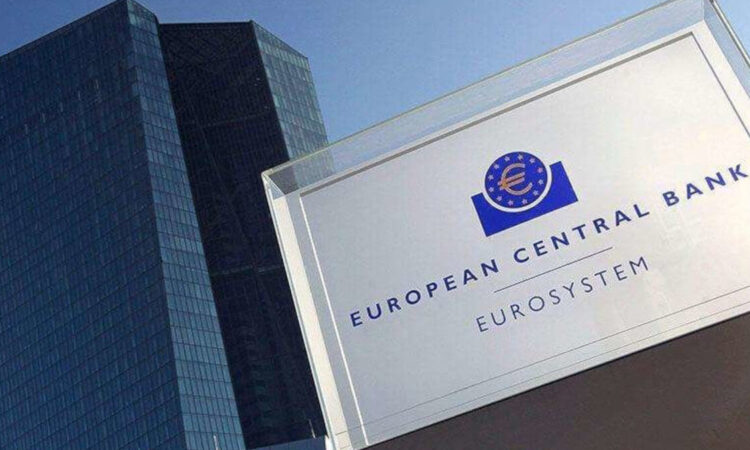
Since interest rates awoke from their lethargy, stirred up by the European Central Bank (ECB) to contain inflation, it is the mortgage business that is gradually falling in the financial coma. According to data made public by the National Statistics Institute, fewer housing loans are being signed each month, the amount borrowed is lower and, moreover, they are more expensive.
Last July, the number of mortgages constituted on dwellings was 29,223, 18.8% less than in the same period in 2022, with an average amount of 143,412 euros, which implies a decrease of 2.6%. The average interest rate on operations, however, followed the opposite path: that of the runaway spike: it reached 3.34%, its highest figure since August 2016.
In this way, mortgages are now in their sixth consecutive slump, a downward slope inversely proportional to prices that only continue to rise. In twelve months, interest rates have gone from under 2% to well over 3%. In the meantime, the ECB, in imitation of its non-EU counterparts (the US Fed and the Bank of England), has periodically raised interest rates in order to curb inflation.
A tough scenario to which must be added the tougher requirements imposed by financial institutions for a family to be able to access a fixed-rate mortgage loan. The banks know that, with Euribor north of 4%, the business is in the variable rate, and they have put all their efforts into channelling customers towards this option.
In April, fixed-rate mortgages accounted for 75% of new signatures. In July, this percentage has fallen to 57.8%, which is evidence of the end of the boom in this type of loan.
Other data
The INE also reported that the average amount of mortgages on the total number of properties registered in the land registries during the seventh month of May amounted to 164,878 euros, 0.3% lower than in the same month of 2022.
The value of mortgages constituted on urban properties reached 6,081.2 million euros, 20.3% less than in July 2022. In housing, the capital loaned stands at 4,190.9 million, with an annual decrease of 20.9%. The latter represent 67.4% of the total capital loaned in July.
For mortgages taken out on the total number of properties in July, the average interest rate at the start was 3.52% and the average term was 24 years. Of the mortgages, 43.8% are at a variable interest rate and 56.2% at a fixed rate. The average interest rate at the start is 3.34% for variable rate mortgages and 3.70% for fixed rate mortgages.
For residential mortgages, the average interest rate is 3.24% (up 1.32 points compared to the same month in 2022) and the average term is 25 years. The average interest rate at the start is 2.95% for variable-rate mortgages on dwellings and 3.49% for fixed-rate mortgages.






